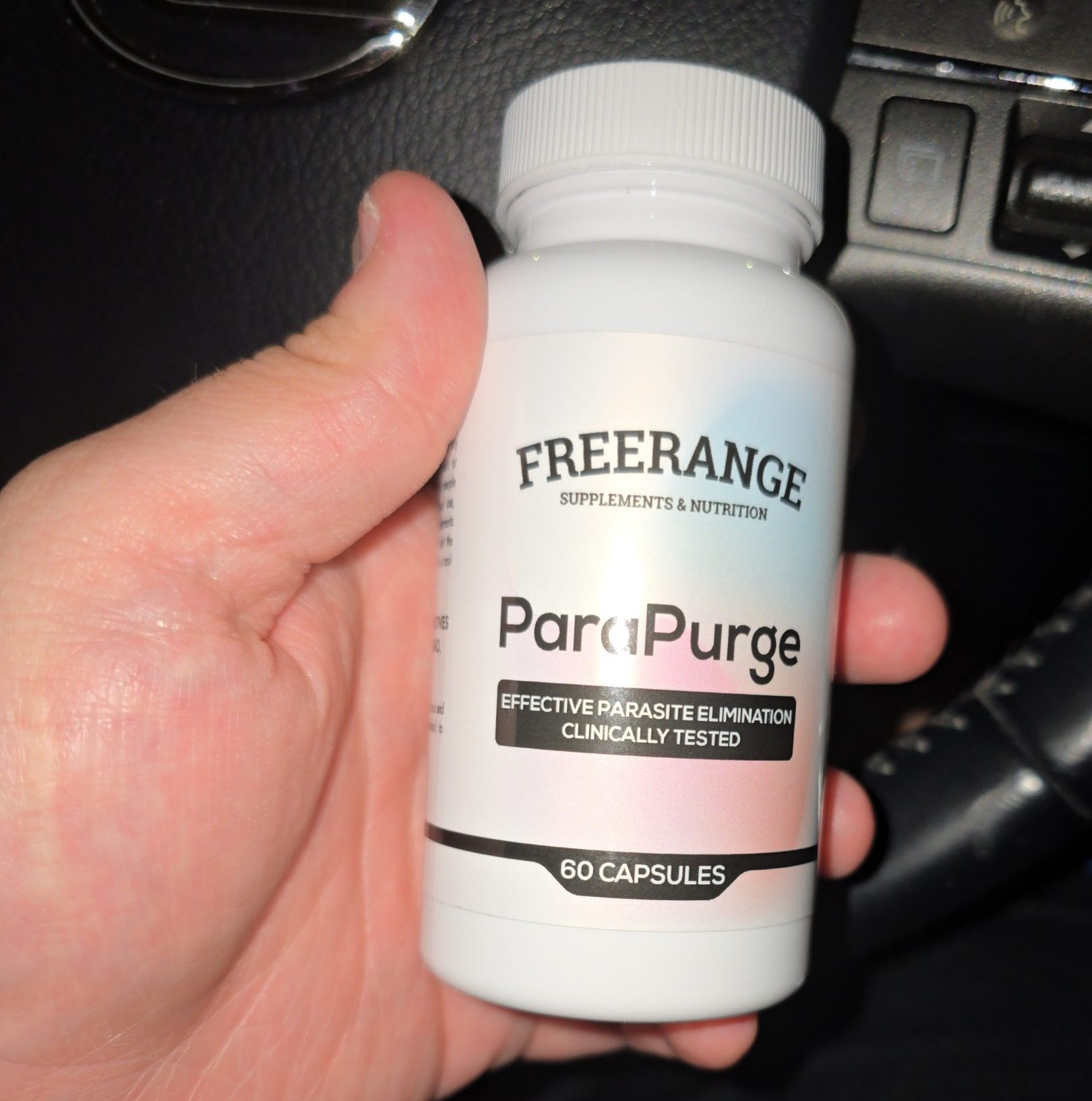
What Does Coffee Do?
- Increased Alertness because coffee enhances alertness and reduces drowsiness.
- Improved Concentration and Focus because coffee can enhance cognitive function, including concentration, memory, and attention.
- Boost in Energy Levels because coffee stimulates the central nervous system, leading to increased production of adrenaline, a hormone that enhances energy levels and physical performance.
- Mood Enhancement because coffee has been linked to improved mood and a reduction in symptoms of depression.
- Improved Physical Performance because coffee can improve physical performance by increasing adrenaline levels, mobilizing fatty acids from fat tissues, and enhancing muscle contraction.

What Are The Pros And Cons Of Coffee?
Coffee’s effects can vary depending on factors such as individual tolerance, consumption habits, and overall health.
Pros:
- Increased Alertness
- Enhanced Physical Performance
- Mood Enhancement
- Antioxidant Benefits because Coffee is rich in antioxidants, which help to protect cells from damage caused by free radicals and may reduce the risk of chronic diseases.
- Metabolic Effects: Some studies suggest that coffee may slightly increase metabolic rate and fat oxidation.
- Social Benefits because coffee often serves as a social beverage, providing opportunities for social interaction and networking.
Cons:
- Potential for Dependency: Regular consumption of coffee can lead to caffeine dependence, characterized by withdrawal symptoms such as headaches, fatigue, irritability, and difficulty concentrating when coffee intake is reduced or stopped.
- Sleep issues by consuming coffee, especially in the afternoon or evening, can interfere with sleep patterns, leading to difficulty falling asleep or disrupted sleep.
- Increased Heart Rate and Blood Pressure by excessive consumption of caffeine can elevate heart rate and blood pressure.
- Digestive Issues by drinking coffee can stimulate gastric acid secretion and may worsen symptoms of acid reflux, gastritis, or irritable bowel syndrome (IBS).
- Anxiety and Jitters by having high doses of caffeine can cause anxiety, jitteriness, and nervousness.
- Potential for Dehydration: While moderate coffee consumption is not dehydrating, excessive intake or using coffee as a substitute for water can contribute to dehydration due to its mild diuretic effect.
- Staining and Tooth Decay by drinking coffee can stain teeth and contribute to dental issues.

What Is The Best Way To Make Coffee?
Determining the “best” way to drink coffee is subjective and depends on individual preferences. Here’s some tips to enhance your coffee-drinking experience:
- Freshly Ground Beans: Grind coffee beans just before brewing to preserve freshness and flavor.
- Water Quality: Use filtered or bottled water to brew coffee, as the quality of water can significantly affect the taste.
- Brewing Method: Experiment with different brewing methods.
- Brewing Parameters: Pay attention to brewing temperature, grind size, and brewing time to achieve the desired flavor profile.
- Coffee-to-Water Ratio: Use the appropriate coffee-to-water ratio for your brewing method to achieve optimal strength and flavor.
- Temperature: Serve coffee at the right temperature to enjoy its flavors fully. Aim for a temperature between 195°F and 205°F
- Enjoyment: Drink coffee slowly and savor the flavor. Take time to appreciate the aroma, taste, and texture of the coffee.
Experiment: Try different types of coffee beans, roast levels, and brewing methods to discover new flavors and preferences









One thought on “Coffee 101”